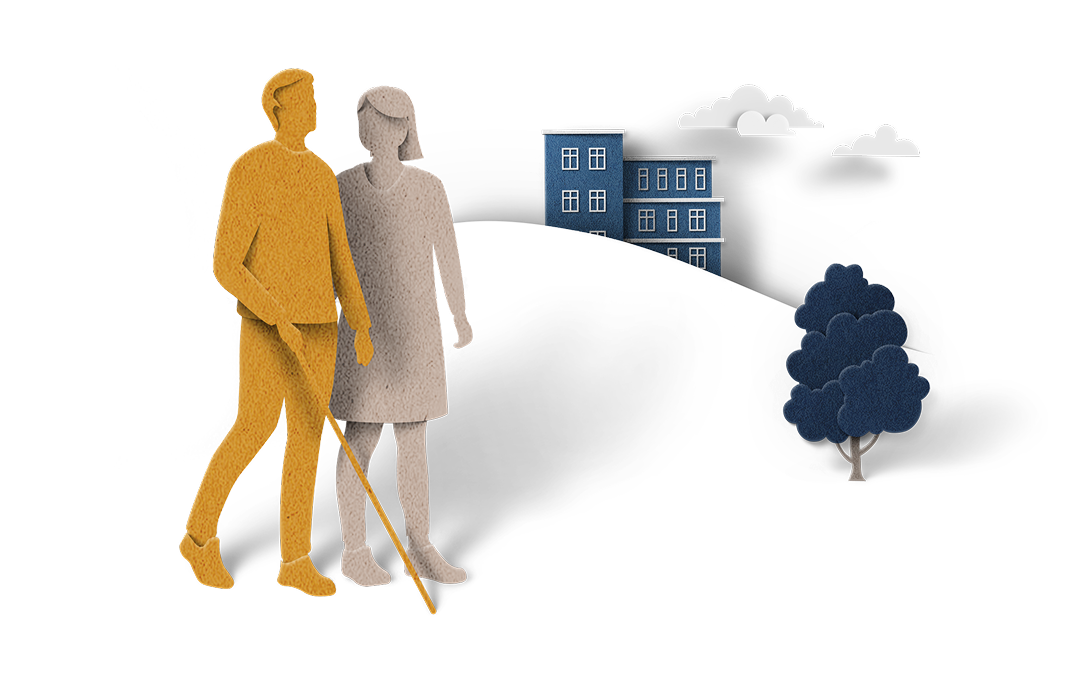Living With NMOSD
Explore ways to help manage your health while living with NMOSD

Tips for people with NMOSD*
92% of patients with NMOSD in an online survey said that their disease had impacted their mental health and well-being.† That's why it's important to have tools to help you manage your NMOSD.
Talking about your condition with friends and family
- You can choose to share as much or as little as you want about your NMOSD. You don’t have to tell them everything at once. Start with what you feel comfortable sharing
- Ground them with the basic facts about NMOSD. You might say, "I have a rare condition that gives me trouble with my central nervous system, and this is how it usually affects me"
- Give them an example to help them understand what NMOSD feels like for you
- Tell them how they can best support you. Even with the best of intentions, people may do things that are not actually helpful. Be understanding but clear with them about what you need
-
-
Prioritizing a plan for your mental health
Your healthcare provider can also connect you with someone to talk to. For more support and information, visit the National Alliance on Mental Illness
Coping with low vision
- Use contrasting colors or color settings for things like room decor, desk organization, and electronic devices
- Many books and electronics can be purchased with or modified to offer large text and displays
- Try your best to stay organized. With items placed in consistent locations, you’ll have a much easier time finding what you need
- Don’t be afraid to ask for help when you need it. Find a friend or other support system who understands the challenges of low vision and can help share advice and experiences
- Practice makes perfect (and takes patience). Low vision can be a frustrating condition to live with, but practicing your routines and being forgiving of yourself can help each day go smoothly
Navigating mobility issues
- Appropriate strength and conditioning, good sleep practices, and a healthy diet can help you stay as mobile as possible
- To help maintain balance, canes, walkers, and braces can help make getting around easier
- You may need to make some changes around your home to help with mobility issues. For example, installing a railing in your shower or a permanent ramp for your front door may help you feel safer
Considering family planning with NMOSD
- If you're considering having a baby, it's essential to talk to your doctor and agree on a care plan first
- Research suggests that having NMOSD may make it more difficult to become pregnant; however, very few studies have been conducted into this area to date
- NMOSD is not usually inherited; only about 3 in every 100 people with NMOSD have a relative with the condition. However, it’s more common in families with NMOSD than in the general population
- Your doctor is there to provide the knowledge and support needed for you to make the best-informed decision for yourself and your baby



